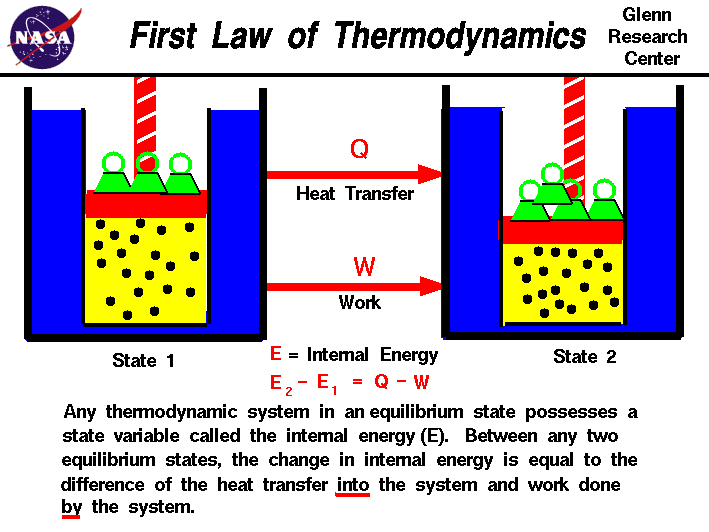An example of thermal machines in industry can be seen in the following company:
Festo AG & Co. KG (Esslingen)
Not only does this company provide solutions for industrial automation but also they are innovating with their very own energy concept. Festo runs the largest solar adsorption cooling machine of Europe at its head offices in Germany. In Esslingen (which is the city where the company is located) the solar thermal system cools and heats the office buildings with a solar-thermal process making a significant contribution to the reduction of CO2 emissions and to the protection of the environment and resources.
How do they do it?
As we all know the conventional air conditioning systems work with electricity, the problem is that these systems are driven by compressors that require more energy to cool the air than needed when the natural air substracted from the atmosphere is warmer than usual as in summer.
So what they do is that they receive solar energy which the put through a thermal driven cooling process and what they get is the needed energy to have cold water and conditioned air.
The principle
of solar cooling is to utilise the solar energy that is
available in abundance during the hot months to cool buildings, and its advantages are quite obvious, as the demand for air-conditioning increases the solar energy also increases.

Depending on the application, different processes can be used
for solar cooling.The air-conditioning system used by
Festo is a closed system that contains water as a refrigerant in its
circulation system. The cooled-down air is then distributed
in the building through a separate circulation system.The
solar thermal collector can be used for cooling in summer,
as well as for supporting heating in winter.

 The purpose of a thermal machine is to increas the work produced and the heat absorbed, that is wtaht we call "efficiency". The work always going to be lower that the heat absorbed, so de efficienty of the machine always going to be lower than one.
The purpose of a thermal machine is to increas the work produced and the heat absorbed, that is wtaht we call "efficiency". The work always going to be lower that the heat absorbed, so de efficienty of the machine always going to be lower than one.


